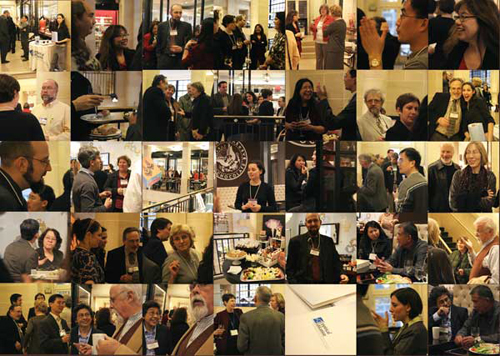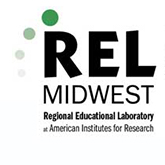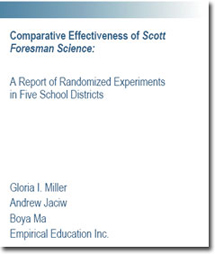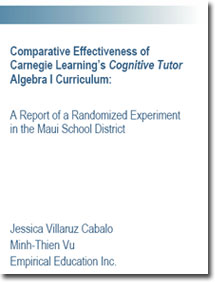Empirical Education Joins the What Works Clearinghouse Research Team

Mathematica Policy Research, Inc. has subcontracted with Empirical Education to serve as one of the research partners on the new What Works Clearinghouse (WWC) team. This week, Empirical research staff joined a seminar to talk through the latest policies and criteria for judging the quality and rigor of effectiveness research.
Last summer, the Department of Education granted leadership of the WWC to Mathematica, (formerly led by AIR), which put together a team consisting of Empirical, RAND, SRI, and a number of other research organizations. This round of work is expected to have a greater emphasis on outreach to schools, industry, and other stakeholders.









